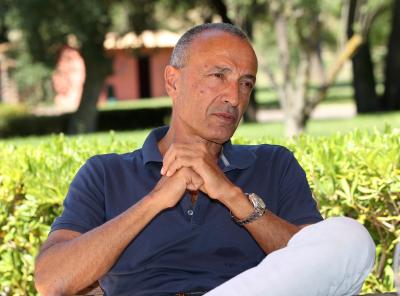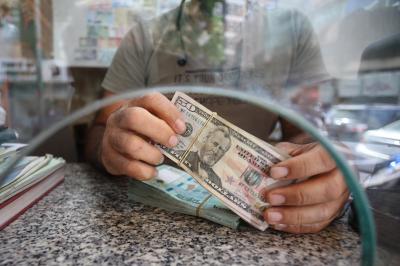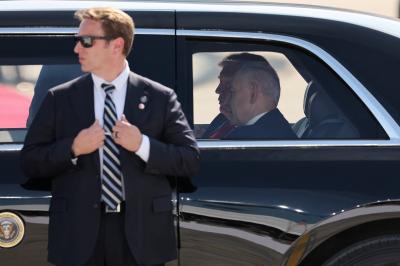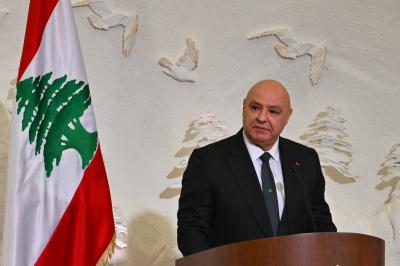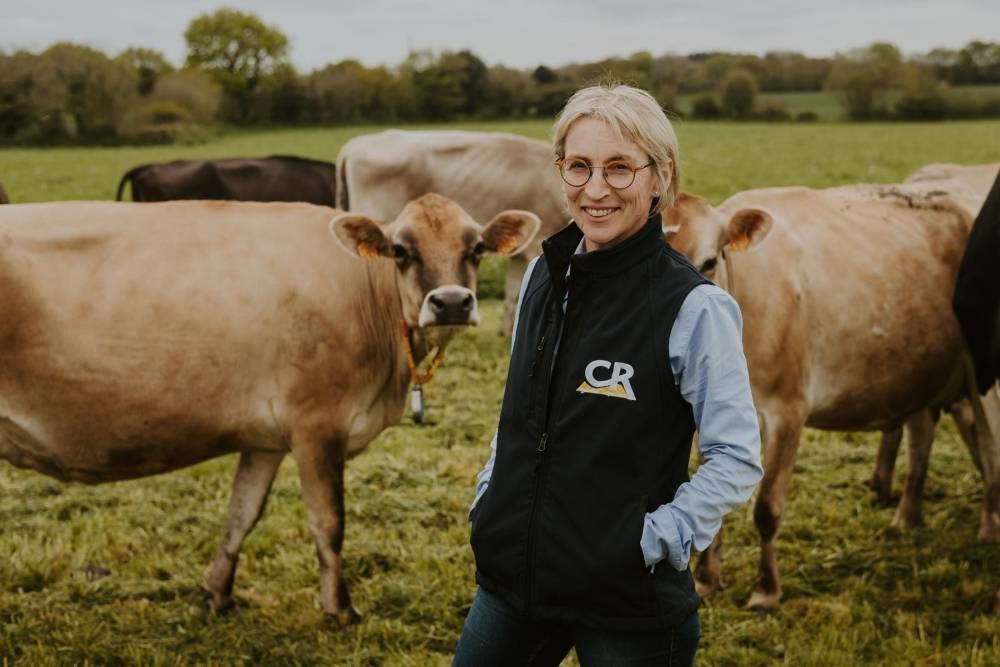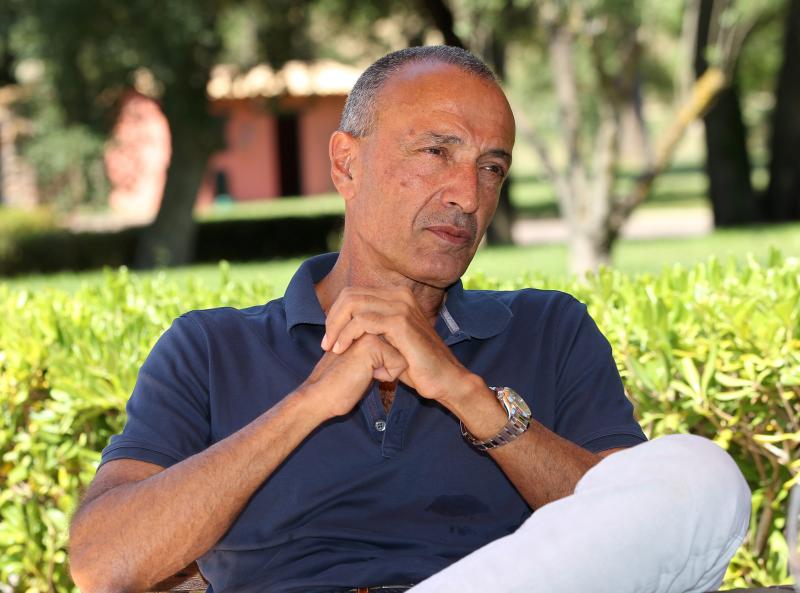"Prices, not subsidies" urges Veronique Le Floch, President of the Rural Coordination in France
What did you think of the measures announced by Gabriel Attal and the 400 million put on the table for French agriculture by the government?
For us, at Rural Coordination, Gabriel Attal's measures bring no structural and sustainable solution. Some of CR's historical demands have been included: administrative simplification on irrigation projects, the upcoming decree on dredging, and the end of the objectives to reduce 50% of phytosanitary products outlined in the Green Deal. Our request to abandon the GNR tax (increase approved in September 2023 by the FNSEA to move towards biofuels...oddly, it's one of the sectors of the AVRIL Group whose President is also the President of the FNSEA and whose net consolidated result was multiplied by 13 in 4 years!) was also heard. The revolt on the ground also led to the announcement of the acceleration of payment of various amounts due or owed (organic farming, Hemorrhagic Disease, storm, viticulture). However, Gabriel Attal did not mention the avian influenza files still awaiting payment for more than a year for some, which consequently are paying bridge loans to their banks.
There are also tax aids for livestock farming!
The 150 million in the form of tax aids for livestock farming are negligible considering the number of farms, equivalent to 2,000 Euros per farm! These announced budgets do not align with our union's DNA: Prices, not subsidies! Our requests for a grace year and a State-Guaranteed Loan (PGE) to immediately provide cash flow for farms were apparently not retained. Regarding the tax provisions for business transmissions, CR was expecting them but needs to study them. The 2 billion Euros earmarked for installation/transmission are likely in the form of a guarantee; a "remake" of the Grand Investment Plan (GPI) of 2017 which had been very little used by banks! And it does not solve the problem of the profession's attractiveness at all. With every agricultural crisis, the government puts millions of Euros on the table. However, it must be noted that these are palliative care since the de-agriculturalization is accelerating along with the loss of food sovereignty. With Europe, the agricultural-agro-food trade balance went from +2.5 billion Euros in 2014 to -2.5 billion Euros in 2023! Moreover, CR believes that to have prices in our farms, we must turn to the agro-industry by imposing, among other things, an obligation of transparency on its export valuations, especially towards its own subsidiaries. This insight will allow identifying, and if necessary, sanctioning any result delocalization for tax purposes and low prices to producers. Similarly, a law must also impose on cooperatives, structured as holdings, that the value effectively, sustainably, and equitably returns to the cooperators.
And the announcements on the Egalim law?
Regarding this famous law, whose application can at best cover a third of the agricultural products found in large grocery stores, we are waiting to see if the first step defining prices between farmers and industrialists, based on sufficient production costs for recent startups and investors, will finally be better controlled and respected. Transparency must also be enacted at the level of outlets towards collective catering but also towards other non-food industrial outlets, often highly valued, such as cosmetics for example. Regarding simplification, CR mainly retains the commitment to fight against the over-transposition of European standards, which, for the environment, mainly concerns the Common Agricultural Policy (CAP). We thus regret that an immediate revision of the CAP, without waiting until 2027, was completely bypassed. Finally, the Agricultural Exception, mentioned by Gabriel Attal, is just another announcement effect since it is not translated into concrete measures. The Agricultural Exception, as defended by Rural Coordination since 1994, aims instead to exempt agricultural products from WTO agreements and free trade!
The Minister of Agriculture, Marc Fesneau, announced the cessation of the plan to reduce the use of pesticides in France. What does this mean for your farms?
This announcement, whose duration is uncertain given the reaction of the Minister of Ecological Transition Mr. Béchu, is received with much caution. From a practical point of view, it's still unclear. Following the disappearance of a treatment product, some productions, like clover seeds for example, have disappeared in France. The question is therefore broader. Are we ready to redo crops that have disappeared, if only for our sovereignty before talking about exportation? The ecological lobbying is strong but also the place occupied by seed sellers and those of phytopharmaceutical products! The same 3 companies that control 60% of the seed market also control 71.2% of the plant care market! Farmers remain powerless in the face of these forces!
The FNSEA is satisfied with these measures. The lifting of the blockades was almost immediate. Is this a victory for the government with the support of this union? Isn't there a certain bitterness within the Rural Coordination that you preside?
We are torn between feelings of hope and bitterness. Hope, because our members and supporters, by showing their determination and their ability to achieve their goals, like their entry into the Rungis market, have proven to us that Rural Coordination could pave the way for a new agricultural policy. Hope, because the mobilization of these last weeks finally allowed us to highlight the common-sense solutions that we have been carrying, against all odds, for decades. Bitterness towards the government and what can be perceived as co-management: given the number of meetings granted to the FNSEA/JA by the politicians, it is clear that only their unique thought was taken into account. We deeply regret that our proposal for a trade union coalition was refused while, however, many CR members and supporters, as well as many non-unionized, demonstrated. They also have the right to be heard! Bitterness, because the measures retained do not live up to the ambition of our union for the producers we defend. Being composed of 100% independent farmers from agribusiness, we regret that no concrete solution was enacted for a fair share of the added value between agro-industry, large distribution, and our farms. The FNSEA's "at the same time" policy, defending both agro-industry and farmers, is no longer tenable. The current chaos proves that it has failed to defend the producer link. It has not played its role as a counter-power against those who capture our income! Having made believe that it could defend at the same time us, the farmers, and the agro-industry, master of our billing, was a hypocrisy that costs the French dearly today. The FNSEA no longer plays its role as a counter-power against those who capture our income.
The issue of trade agreements under the auspices of Brussels is not resolved. Does this mean that French agriculture will continue to suffer from the onslaught of foreign productions without real control of standards?
Obviously, French agriculture will continue to suffer from these onslaughts since no strong decision has been made to counter them! Only the Agricultural Exception, in France and beyond, constitutes an effective solution to the geopolitical, health, and climate upheavals that endanger our food supply. We are aware that total protectionism is not possible, but the Cultural Exception exists for culture, and we need it for our food! Regarding Mercosur, suspending it is not the same as cancelling it! Moreover, the agriculture development plan 2018-2028 validated under Bolsonaro anticipates an increase in the main animal productions (beef, poultry, etc.) by nearly 30%. So, it's hard to believe that everything isn't already decided! Even with truly applied and controlled mirror clauses, it won't solve the negative consequences of the already in place agreements, especially when the imported productions come to compete with ours. In fact, we import a price drop that penalizes us and eliminates us one after the other!
How do the upcoming agricultural chamber elections, scheduled for next year, look for your union?
The elections are both close and far away... The frenzy of the last demonstrations seems to have motivated some farmers to defend their interests in a determined manner. If they want the momentum to continue, everyone must continue to work as much as they can at their level, "all united" as one of the Rural Coordination slogans specifies. Unfortunately, the French democratic crisis is also felt at the level of professional elections. It is to be hoped that these collective demonstrations will instill a civic dynamic among farmers. We'll see... Since 1992, we have tirelessly warned that the co-management policy of FNSEA/politicians was leading us into a wall. Today, we are at its foot! We can only overcome it with a democratic surge from farmers in January 2025 and a real will to support radical change. When the time comes, it will be up to each of them, not only to make the effort to vote but to make the right choice: continuity or change after 50 years of FNSEA in power…
Please post your comments on:
[email protected]
 Politics
Politics
